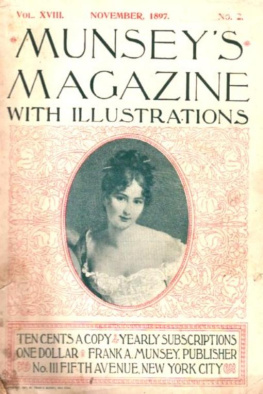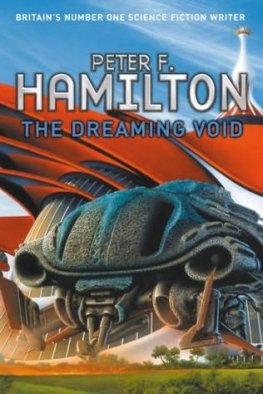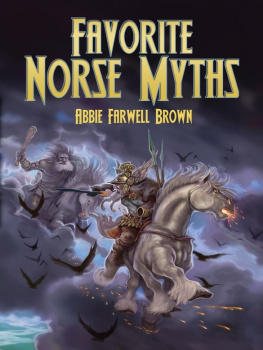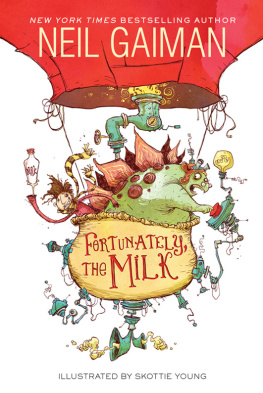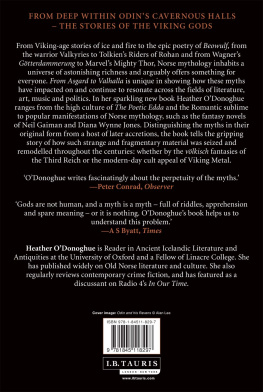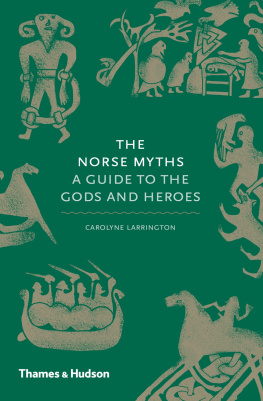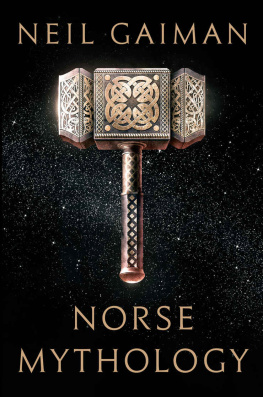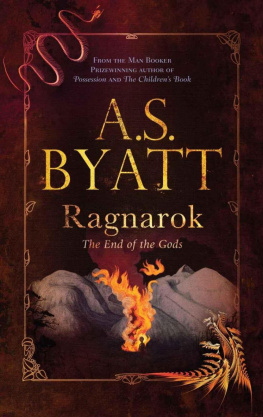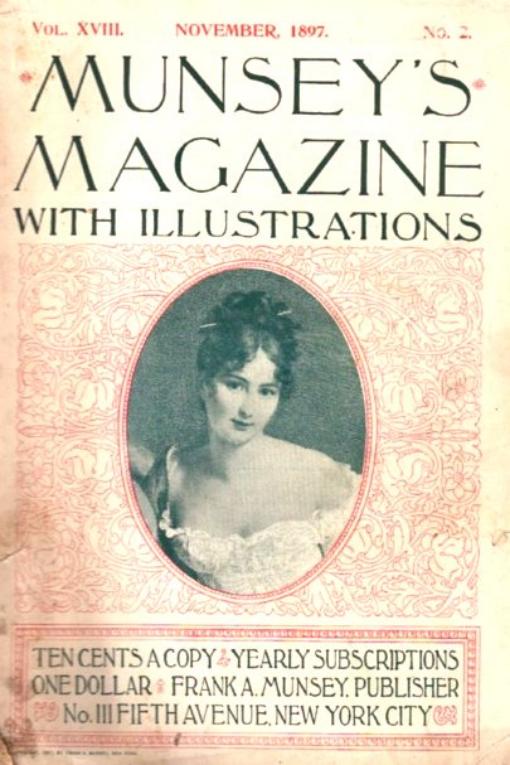Produced by the Online Distributed Proofreading Team athttp://www.pgdp.net/Myths of the NorsemenFrom the Eddas and SagasByH. A. GuerberAuthor of The Myths of Greece and Rome etc.LondonGeorge G. Harrap &Company15 York Street Covent Garden1909Printed by Ballantyne &Co. LimitedTavistock Street, Covent Garden, London INTRODUCTION
The prime importance of the rude fragments of poetry preserved in early Icelandic literature will now be disputed by none, but there has been until recent times an extraordinary indifference to the wealth of religious tradition and mythical lore which they contain.
The long neglect of these precious records of our heathen ancestors is not the fault of the material in which all that survives of their religious beliefs is enshrined, for it may safely be asserted that the Edda is as rich in the essentials of national romance and race-imagination, rugged though it be, as the more graceful and idyllic mythology of the South. Neither is it due to anything weak in the conception of the deities themselves, for although they may not rise to great spiritual heights, foremost students of Icelandic literature agree that they stand out rude and massive as the Scandinavian mountains. They exhibit a spirit of victory, superior to brute force, superior to mere matter, a spirit that fights and overcomes. [1] Even were some part of the matter of their myths taken from others, yet the Norsemen have given their gods a noble, upright, great spirit, and placed them upon a high level that is all their own. [2] In fact these old Norse songs have a truth in them, an inward perennial truth and greatness. It is a greatness not of mere body and gigantic bulk, but a rude greatness of soul. [3]
The introduction of Christianity into the North brought with it the influence of the Classical races, and this eventually supplanted the native genius, so that the alien mythology and literature of Greece and Rome have formed an increasing part of the mental equipment of the northern peoples in proportion as the native literature and tradition have been neglected.
Undoubtedly Northern mythology has exercised a deep influence upon our customs, laws, and language, and there has been, therefore, a great unconscious inspiration flowing from these into English literature. The most distinctive traits of this mythology are a peculiar grim humour, to be found in the religion of no other race, and a dark thread of tragedy which runs throughout the whole woof, and these characteristics, touching both extremes, are writ large over English literature.
But of conscious influence, compared with the rich draught of Hellenic inspiration, there is little to be found, and if we turn to modern art the difference is even more apparent.
This indifference may be attributed to many causes, but it was due first to the fact that the religious beliefs of our pagan ancestors were not held with any real tenacity. Hence the success of the more or less considered policy of the early Christian missionaries to confuse the heathen beliefs, and merge them in the new faith, an interesting example of which is to be seen in the transference to the Christian festival of Easter of the attributes of the pagan goddess Estre, from whom it took even the name. Northern mythology was in this way arrested ere it had attained its full development, and the progress of Christianity eventually relegated it to the limbo of forgotten things. Its comprehensive and intelligent scheme, however, in strong contrast with the disconnected mythology of Greece and Rome, formed the basis of a more or less rational faith which prepared the Norseman to receive the teaching of Christianity, and so helped to bring about its own undoing.
The religious beliefs of the North are not mirrored with any exactitude in the Elder Edda. Indeed only a travesty of the faith of our ancestors has been preserved in Norse literature. The early poet loved allegory, and his imagination rioted among the conceptions of his fertile muse. His eye was fixed on the mountains till the snowy peaks assumed human features and the giant of the rock or the ice descended with heavy tread; or he would gaze at the splendour of the spring, or of the summer fields, till Freya with the gleaming necklace stepped forth, or Sif with the flowing locks of gold. [4]
We are told nothing as to sacrificial and religious rites, and all else is omitted which does not provide material for artistic treatment. The so-called Northern Mythology, therefore, may be regarded as a precious relic of the beginning of Northern poetry, rather than as a representation of the religious beliefs of the Scandinavians, and these literary fragments bear many signs of the transitional stage wherein the confusion of the old and new faiths is easily apparent.
But notwithstanding the limitations imposed by long neglect it is possible to reconstruct in part a plan of the ancient Norse beliefs, and the general reader will derive much profit from Carlyle's illuminating study in Heroes and Hero-worship. A bewildering, inextricable jungle of delusions, confusions, falsehoods and absurdities, covering the whole field of Life! he calls them, with all good reason. But he goes on to show, with equal truth, that at the soul of this crude worship of distorted nature was a spiritual force seeking expression. What we probe without reverence they viewed with awe, and not understanding it, straightway deified it, as all children have been apt to do in all stages of the world's history. Truly they were hero-worshippers after Carlyle's own heart, and scepticism had no place in their simple philosophy.
It was the infancy of thought gazing upon a universe filled with divinity, and believing heartily with all sincerity. A large-hearted people reaching out in the dark towards ideals which were better than they knew. Ragnarok was to undo their gods because they had stumbled from their higher standards.
We have to thank a curious phenomenon for the preservation of so much of the old lore as we still possess. While foreign influences were corrupting the Norse language, it remained practically unaltered in Iceland, which had been colonised from the mainland by the Norsemen who had fled thither to escape the oppression of Harold Fairhair after his crushing victory of Hafrsfirth. These people brought with them the poetic genius which had already manifested itself, and it took fresh root in that barren soil. Many of the old Norse poets were natives of Iceland, and in the early part of the Christian era, a supreme service was rendered to Norse literature by the Christian priest, Smund, who industriously brought together a large amount of pagan poetry in a collection known as the Elder Edda, which is the chief foundation of our present knowledge of the religion of our Norse ancestors. Icelandic literature remained a sealed book, however, until the end of the eighteenth century, and very slowly since that time it has been winning its way in the teeth of indifference, until there are now signs that it will eventually come into its own. To know the old Faith, says Carlyle, brings us into closer and clearer relation with the Pastwith our own possessions in the Past. For the whole Past is the possession of the Present; the Past had always something true, and is a precious possession.
The weighty words of William Morris regarding the Volsunga Saga may also be fitly quoted as an introduction to the whole of this collection of Myths of the Norsemen: This is the great story of the North, which should be to all our race what the Tale of Troy was to the Greeksto all our race first, and afterwards, when the change of the world has made our race nothing more than a name of what has beena story toothen should it be to those that come after us no less than the Tale of Troy has been to us.

